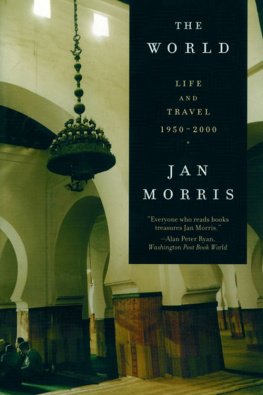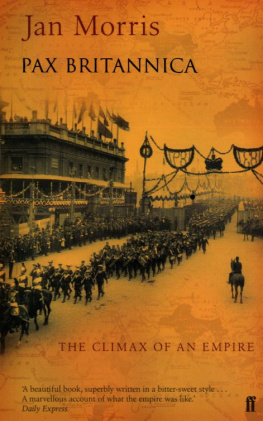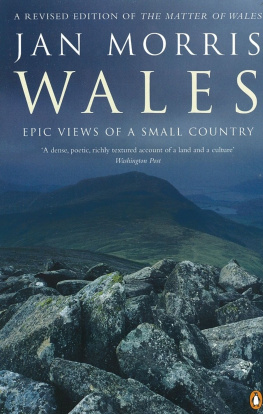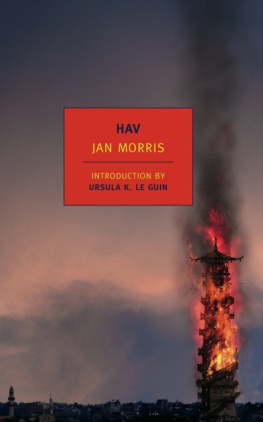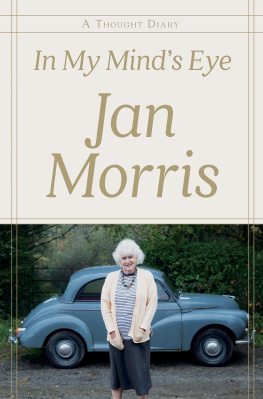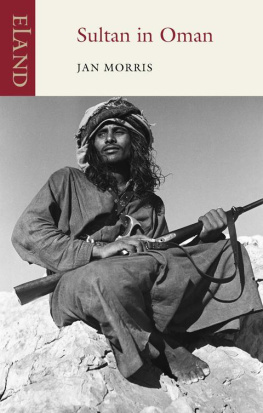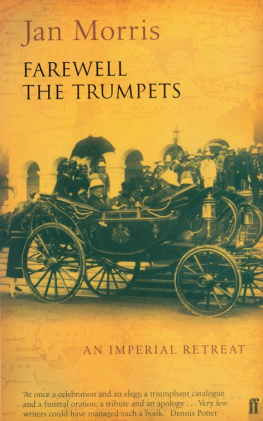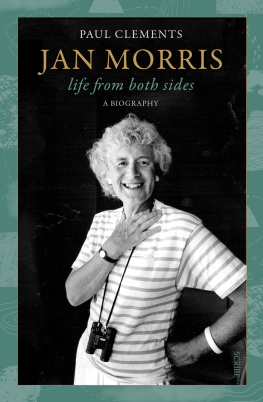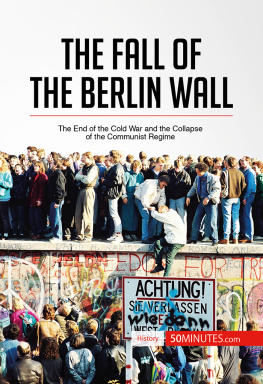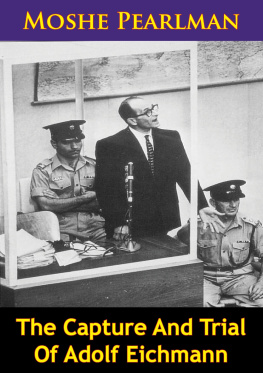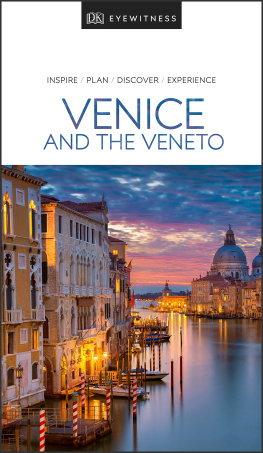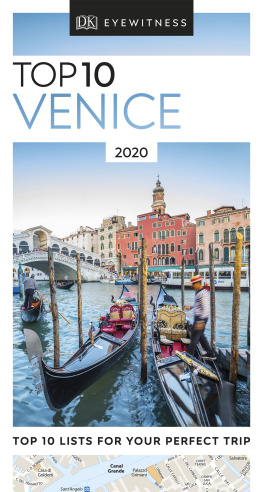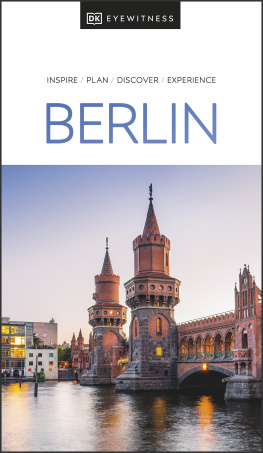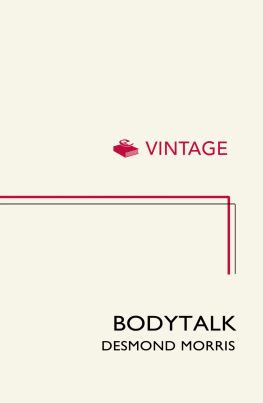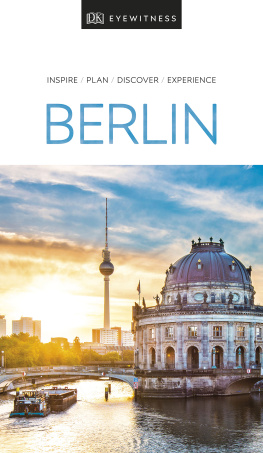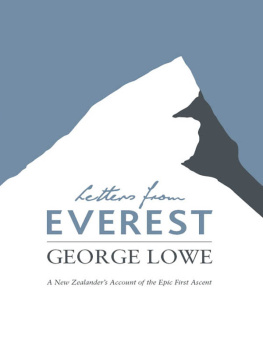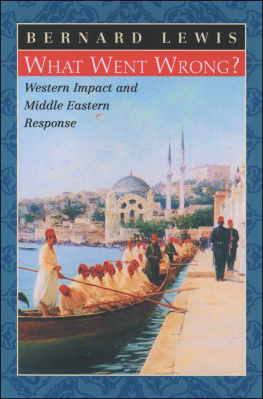Jan Morris - The World Life and Travel 1950-2000
Here you can read online Jan Morris - The World Life and Travel 1950-2000 full text of the book (entire story) in english for free. Download pdf and epub, get meaning, cover and reviews about this ebook. City: London, year: 2004, publisher: W. W. Norton & Company, genre: Detective and thriller. Description of the work, (preface) as well as reviews are available. Best literature library LitArk.com created for fans of good reading and offers a wide selection of genres:
Romance novel
Science fiction
Adventure
Detective
Science
History
Home and family
Prose
Art
Politics
Computer
Non-fiction
Religion
Business
Children
Humor
Choose a favorite category and find really read worthwhile books. Enjoy immersion in the world of imagination, feel the emotions of the characters or learn something new for yourself, make an fascinating discovery.
- Book:The World Life and Travel 1950-2000
- Author:
- Publisher:W. W. Norton & Company
- Genre:
- Year:2004
- City:London
- Rating:5 / 5
- Favourites:Add to favourites
- Your mark:
- 100
- 1
- 2
- 3
- 4
- 5
The World Life and Travel 1950-2000: summary, description and annotation
We offer to read an annotation, description, summary or preface (depends on what the author of the book "The World Life and Travel 1950-2000" wrote himself). If you haven't found the necessary information about the book — write in the comments, we will try to find it.
The World Life and Travel 1950-2000 — read online for free the complete book (whole text) full work
Below is the text of the book, divided by pages. System saving the place of the last page read, allows you to conveniently read the book "The World Life and Travel 1950-2000" online for free, without having to search again every time where you left off. Put a bookmark, and you can go to the page where you finished reading at any time.
Font size:
Interval:
Bookmark:
Books about places by Jan Morris
Coast to Coast (USA)
Sultan in Oman
The Market of Seleukia (Middle East)
Coronation Everest
South Mrican Winter
Venice
The Presence of Spain
Oxford
The Great Port (New York)
The Venetian Empire
The Matter of Wales
Last Letters from Hav (fiction)
Manhattan 45
Hong Kong
Sydney
Travels with Virginia Woolf (ed.)
Fifty Years of Europe
Trieste and the Meaning of Nowhere
The World
Travels 19502000
JAN MORRIS

W. W. NORTON & COMPANY
New YorkLondon
To the Honour of Wales
ErAnrhydedd Cymru
Contents
The World samples a half-century, peripatetically. It selects its subjects as it goes along. Its title may perhaps imply a more considered and objective collection, the sort of memoir in which a philosophically minded novelist might reflect upon his times, or a retired columnist from a quality broadsheet. Do not be deceived. This portfolio of my reports and essays is something much less measured and inclusive. It does indeed mirror the progress of the world during five decades, but in a much showier way. It is more in the nature of an exhibition or a performance, and is at least as much about the writer as it is about the world. It begins with a bit of a bang, and if it ends more modestly, well, fifty years of a writing and wandering life would make most people a little quieter in the end. Even the thrush sings with careless rapture only when the day is young.
The book covers the second half of the twentieth century, from the 1950s to the 1990S, from the aftermath of the Second World War to the end of the millennium. I am tempted to say, of course, as is the custom, that this was a fateful segment of history, but it was probably no more fateful than any other. In fact the spirit of my half-century was perhaps happier than most, and more optimistic. It was the period of the Cold War, it is true, when the capitalist and communist segments of humanity were locked in implacable suspicion, and there were many other public anxieties too. Minor armed conflicts frequently occurred. The prospect of nuclear extermination obsessed some people, the inexorable spread of the drug culture disturbed many more. The environment was becoming cruelly polluted. The cursed plague of Aids appeared. Poverty and even famine was endemic in some parts of the world, and globalization began to set in which meant, in effect, the ever-increasing Americanization of the planet. The movement of peoples around the globe, which had become so much easier, raised generally unforeseen problems, and the growth of the worlds population cast shadows over susceptibly prophetic temperaments.
But if it all sounds frightful, there was much to make up for the fear and misery. For example there was the retreat of the European empires from their vast dominions around the world. This was not always beneficial in the particular, and the process was marred by many conflicts, but in the general it was a wholesome recognition that no nation had the right to claim sovereignty over another. The United Nations, though all too frequently impotent, was at least a token of intended fraternity. Organized religion was losing its more primitive grip upon the peoples of the West, while in the East Islam seemed on the whole a noble force for order, and for many Buddhism was the true light of the world. Communism, the God That Fails, was finally discredited in the course of my half-century, and the squabbling states of Europe appeared to be moving towards unity at last. Ecological degradation led to much greater interest in the state of nature. If half the worlds population was as poor as ever, the other half was unprecedentedly prosperous. And mankinds first penetration of space seemed to foreshadow, at least in the early years, wonderful fulfilments to come.
In general, in large parts of the world, people were more tolerant, kinder, more generous than they had been before the Second World War. I seldom felt threatened, wherever I wandered, and was hardly ever robbed. We still thought I did, at least that on the whole mankind was in hopeful progress, fitfully moving towards a happier denouement, however unlikely it sometimes seemed. Traces of Victorian optimism lingered, I suppose, and it was possible still to believe in Teilhard de Chardins theory of in-furling, a process by which, almost imperceptibly, all the races were moving towards some ultimate reconciliation.
These were my own responses, anyway, my own conceptions of my own zeitgeist. This is how I felt about my world. I was twenty-four years old at the start of the 1950S, seventy-four at the end of the 1990S, so the passage of the globe described in this book is the passage of a life, too, from the twilight of adolescence to the dawn of senility. All its judgements, unreliable enough in any case, are coloured by the grand change of life from youth to old age in some ways such a majestic progress for all of us, but in others weakened by finicky shifts in ways of thought and changes of mind. Few of us are consistent in our opinions and values for fifty years, and we are affected not only by experience and maturation, but by moods, fickle tastes, boredom and personal circumstance.
I was not often profoundly involved in the matters this book describes. I am by nature an outsider, by profession an onlooker, by inclination a loner, and I have spent my life looking at things and happenings, and observing their effect upon my own particular sensibility. It has not generally been an introspective life, but in one respect self-examination did obsess me. Since childhood I had been irrationally convinced that I had been born into the wrong body, and should really be a woman. Coping with this mystery, during the four years I spent in the British Army, and the ten in which I worked as a foreign correspondent, did require a degree of introspection, not to say deception: when I finally solved the conundrum by completing what is vulgarly known as a sex change, becoming Jan instead of James, I felt a sense of liberation which some critics have claimed to find apparent in my writing (if you would be amused to judge for yourselves, the final metamorphosis occurs on page 209). Such a theatrical episode does not often provide a centrepiece for reflective collections, and it does not really provide one here, either, because it was always overshadowed for me by a constancy of love and personal happiness which was far more influential upon my style than any simple change of sex.
Anyway, as fledgling and as veteran, as man and as woman, as journalist and as aspirant litterateur, throughout my half-century I peregrinated the world and wrote about it. I began as a reporter, having been persuaded (chiefly by American examples) that journalism was a proper avenue into literature. I joined The Times of London from Oxford, and almost immediately began my vagrant life, presently gravitating to what was then the Manchester Guardian. These two characterful newspapers, then at the height of their fame, prestige and varied idiosyncrasy, not only allowed me to treat the writing of news dispatches more or less as the writing of essays, but also gave me a grandstand view of events, which disgracefully boosted my ego. In no time at all I was pontificating about humanitys problems, and advising states and nations how to solve them. As Max Beerbohm said of himself and Oxford, it was The Times and the Guardian that made me insufferable, and I am grateful to them still.
If I was an aspirant littrateur, I was also an aspirant anarchist. I have disliked Authority always, though sometimes seduced by its resplendence. When I was writing for newspapers this prejudice sometimes invigorated and sometimes inhibited my journalism, but by the middle of the 1960s I had freed myself from all employers anyway, and wandered on my own. I had become precociously soured by the great world, and no longer wanted my writing to be pegged to the days news. For the rest of the century I was engaged chiefly in writing books, enabling the process by selling travel essays to magazines, mostly American, to keep my family from destitution. I had worked for only two newspapers, but during the last four decades of the century I wrote for dozens of magazines in the English language, and produced some thirty-five books of my own.
Next pageFont size:
Interval:
Bookmark:
Similar books «The World Life and Travel 1950-2000»
Look at similar books to The World Life and Travel 1950-2000. We have selected literature similar in name and meaning in the hope of providing readers with more options to find new, interesting, not yet read works.
Discussion, reviews of the book The World Life and Travel 1950-2000 and just readers' own opinions. Leave your comments, write what you think about the work, its meaning or the main characters. Specify what exactly you liked and what you didn't like, and why you think so.

